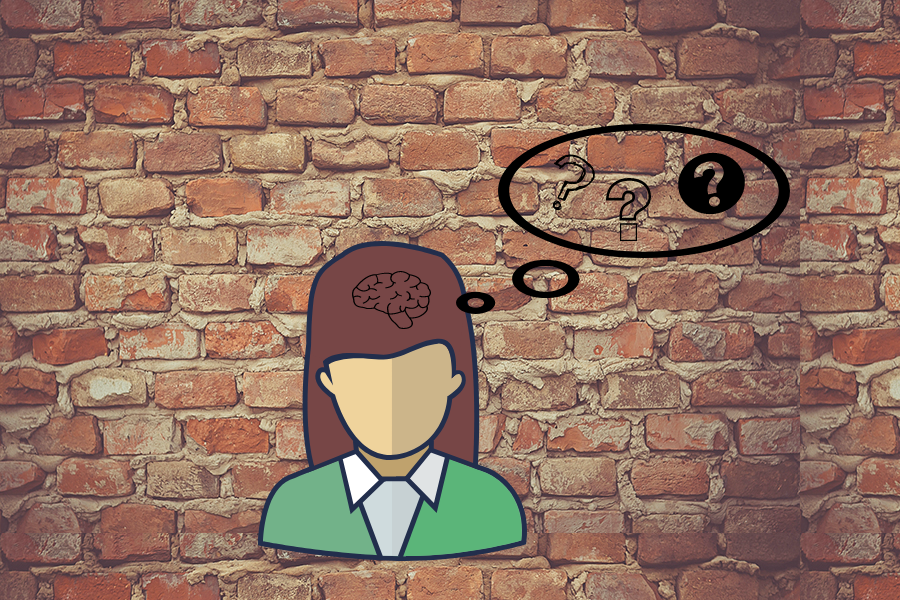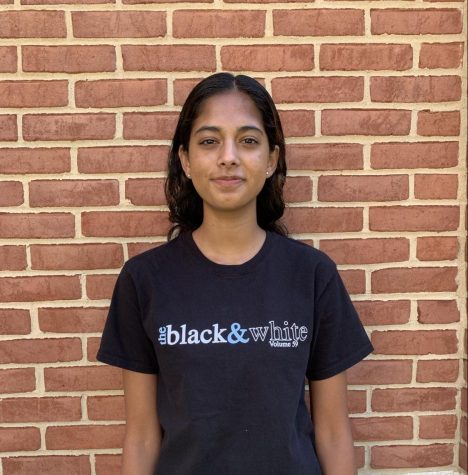Normalize saying “I don’t know”
Admitting you don’t know something may not be easy, but it sure is beneficial.
January 11, 2021
“What do you want for dinner?”
Each time my parents ask me this question, my mind plunges into a frenzy of indecision and my eyes adopt a vacant stare. It’s such an open-ended query; there are so many possibilities, so many outcomes. How can I possibly make a choice when there are countless factors to consider? How can I choose pasta, for instance, when that means I’m abandoning rice and curry? I have one natural answer to this question.
“I don’t know.”
For a naturally indecisive person like myself, even relatively unimportant questions, like choosing dinner, can stir up feelings of doubt.
Each day, we face a multitude of problems and questions, whether it’s “what’s your political affiliation?” or “what’s your opinion on this issue?” or “what career path are you thinking about?” Having satisfying and appropriate answers to every question we encounter is a challenging feat, especially if the topic or problem has only recently come to mind. I’m always hesitant to commit myself to a definitive answer immediately; I worry about being wrong.
Theories of political socialization — which highlight the factors that contribute to our political beliefs — explain that individuals are shaped by their environments, and as a result we may not seek out perspectives which deviate from our own. We’ve been taught that to admit lack of knowledge is to be inadequate. But simply responding with an “I don’t know” should be acceptable.
Just last week, my piano teacher asked me a question about the rhythm pattern in a piece by Bach — my mind went blank. I just didn’t know the answer. So, I was honest. I confessed that I didn’t know, which, in fact, allowed me to get the help I needed. I thought she might criticize me for not practicing more, but she was understanding. In math class — definitely not my favorite subject — I often ask questions and admit when I don’t fully understand a concept. Saying those three words promotes learning, rather than guessing.
English teacher Matthew Bruneel believes in the power of “I don’t know,” especially in an academic environment. Admitting one’s lack of knowledge, he says, is an opportunity, not a failing.
“If students knew everything already, then why are any of us here?” Bruneel said.
We shouldn’t see responding with a non-affirmative as a weakness; we should see it as a strength. It lets us question ideas, consider other perspectives and even stray outside our comfort zone. We don’t have to know the correct answer to everything, but we should always aim to be more critical scholars.
It can also be relieving to take a step back, rather than forcing an unfounded opinion. Throughout the pandemic, I’ve felt that ever-present sense of stress at what the world, and my own place in it, may come to look like in the coming months. I get nervous at the thought of not having a fully-formed set of activities, or having to choose where to apply for college. I feel tense when someone asks me what I want to do as an adult. But I’ve come to realize that not knowing isn’t always the wrong answer; it can often be beneficial, too.
You can widen your perspective, too, by not boxing yourself into one particular corner — creating new pathways for learning and personal growth. The famed philosopher Socrates, whose discussion format is still used in our English classes today, once said that admitting your lack of knowledge is a sign of wisdom. And economist John Maynard Keynes once said: “When the facts change, I change my mind.” Adjusting opinions is how people and society evolve.
So when someone asks you, “so what are your plans?” just take a deep breath and unashamedly say those three infamous words: “I don’t know.”
I promise, it won’t be the end of the world.











